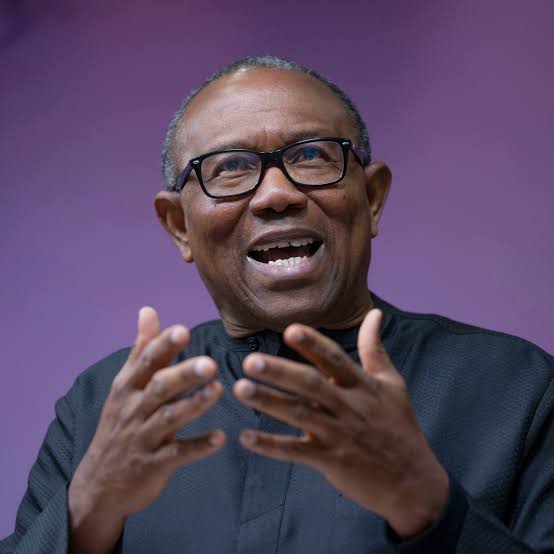Nigeria, today, joins the rest of the world to commemorate the Children’s Day. People say, it is a time not only to celebrate the potential, joy, and innocence of the children but also to critically reflect on the challenges they face in a country still grappling with issues of child rights violations. Among the most heinous of these challenges are the persistent menace of human trafficking and the exploitation of children for domestic labour and sexual purposes. This ugly trend continues to cast a dark shadow over the futures of countless Nigerian children and, by extension, over the nation’s prospects for sustainable development.
Human trafficking, described as the illegal trade of humans for the purposes of forced labour, sexual slavery, and other forms of exploitation, has assumed an alarming dimension in Nigeria. The United Nations Office on Drugs and Crime (UNODC) has consistently listed Nigeria as a source, transit, and destination country for human trafficking. The victims, most of whom are women and children, are trafficked both within and outside the country for various exploitative purposes. Unfortunately, Nigerian children, the supposed leaders of tomorrow, find themselves at the heart of this cruel enterprise. Within Nigeria, children from impoverished rural communities are trafficked to urban centers under false promises of education, decent employment, or better living conditions. In reality, many of these children end up as domestic workers. These children are made to work in homes from dawn to dusk, often without pay, proper feeding, or access to education and healthcare. Many suffer physical and emotional abuse from their so-called guardians, leading to life long trauma and social dislocation. More harrowing is the sexual exploitation of trafficked children. Young girls, in particular, are deceived or forcibly taken into prostitution rings, brothels, and private homes where they are sexually abused.lat 27th May 2025
Some are trafficked abroad to destinations in Europe, the Middle East, and other African countries for sexual exploitation and forced marriages. Factors such as Poverty remain a primary driver, with many families unable to afford basic necessities, thus making their children vulnerable to the deceptive promises of traffickers. Additionally, harmful traditional practices, weak law enforcement, and corruption within the system enable traffickers to operate with relative impunity.
The consequences of child trafficking and exploitation are profound. Beyond the immediate physical and emotional harm inflicted on the victims, the practice undermines national development by depriving the country of a generation of productive, educated, and empowered citizens. The cycle of poverty and illiteracy is perpetuated, and the social fabric of communities is weakened. It is imperative therefore, for Nigeria to reaffirm her commitment to protecting the rights and welfare of the children. Government must take deliberate and sustained actions to strengthen the enforcement of anti-trafficking laws and close the loopholes that traffickers exploit. Agencies such as the National Agency for the Prohibition of Trafficking in Persons (NAPTIP) must be adequately funded and empowered to effectively carry out its mandates.
Families and communities must be sensitized to recognize the tactics of traffickers and to understand the rights of children. Traditional and religious institutions, which wield significant influence at the grassroots level, should also be actively involved in campaigns against child trafficking and exploitation.
Furthermore, comprehensive support and rehabilitation services must be provided for rescued children. This includes medical care, psychological counseling, education, and skills acquisition programs to facilitate their reintegration into the society and help them rebuild their lives. It is time for Nigeria to rise to the challenge and ensure that the cries of trafficked and exploited children are not drowned in the noise of festivities but heard, acknowledged, and acted upon.



